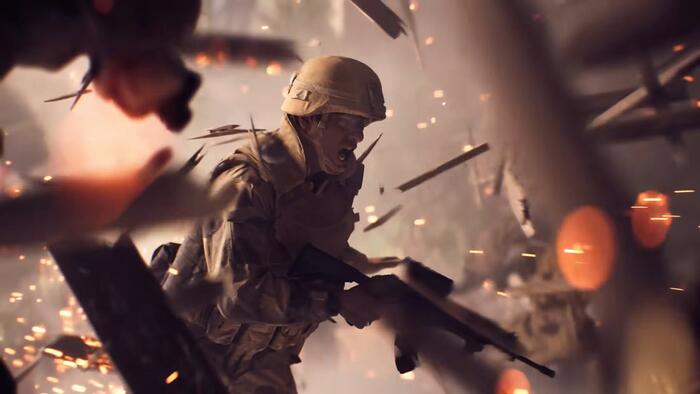


By Michael Every of Rabobank
After NATO held an Article IV discussion about Russia’s airspace violations, and President Trump and Poland said they should/would shoot things down, a Spanish military jet with a government minister onboard suffered GPS disruption near Russia’s Kaliningrad and Denmark’s Aalborg airport was closed due to suspicious drones. Somebody doesn’t take NATO seriously -- the number of operational fighter jets it has ready in Europe isn’t serious in a good way -- or somebody else is stirring the pot. Either way, tensions remain extremely high.
Indeed, while Trump claimed he was the victim of a “triple sabotage” at the UN, and is demanding an investigation, President Zelenskyy gave a speech at the General Assembly which was more Trumpian than the one with the faulty escalator and teleprompter. It matters more than any “because markets” bullets:
“Today, no one but ourselves can guarantee security. Only strong alliances. Only strong partners. And only our own weapons. The 21st century isn’t much different from the past. If a nation wants peace, it still has to work on weapons. It’s sick – but that’s the reality. Not international law, not cooperation – weapons decide who survives. You know perfectly well – international law doesn’t work fully unless you have powerful friends who are truly willing to stand up for it. And even that doesn’t work without weapons. It’s terrible, but without it, things would be even worse. There are no security guarantees except friends and weapons…. Even being part of a long-standing military alliance doesn’t automatically mean you’re safe.
This is all about collapse of international law and the weakness of the international institutions. And so, it’s about the rise of weapons. Weapons decide who survives… We told you before – Ukraine is only the first.”
The implications for Europe in particular should be crystal clear, and even those who look at markets, not geopolitics, should be able to grasp it implies vast changes in the political economy, the fiscal position, and the functioning of major institutions. Even if you don’t think so, it’s still safe to assume EU decisionmakers -- some of whom now feel under personal threat -- do.
As Zelenskyy spoke, all was in flux globally:
Relatedly, as an FT op-ed today note, ‘Europe’s necessary appeasement of Donald Trump’ because “Surrendering on trade is worth it to keep America engaged in the continent’s security”. That’s an argument we made repeatedly before the US-EU trade deal was signed, even as many in Europe argued it was unfair, a humiliation, or not a real FTA and hence had no validity. Regardless, Europe is paying. The quid pro quo is the US will sell it the weapons to help Ukraine regain its lost territory: which requires vastly more, and more expensive, systems --and manpower-- than holding a defensive line. Will Europe balk when it sees what the cost really is and then push for a deal, or will it step up to that much larger, riskier plate?
Action in markets was also all about geoeconomics:
In the economy, today’s headlines also show geopolitical tensions will rise as domestic political pressures to ‘do something!’ increase: in the UK, ‘The squeezed middle class who can no longer afford to see their friends’ (Telegraph); in China, ’‘Eating into old savings’: can the 15th 5-year plan be a panacea for spending woes?’ (SCMP); in the US, ‘White House to agencies: prepare mass firing plans for shutdown’ (Politico); and ‘Australia working on data centre strategy, but risks being left behind’ (AFR).
Meanwhile, in markets, the Bank of England has been urged by some climate economists to commission a review of monetary policy and to tolerate temporarily higher inflation, while governments should consider building up buffer stocks of staple foods.
Less controversially, expect that its debt pile is vast, the BOJ’s latest minutes hinted at a rate hike in October.
At the same time, ‘Europe’s Security Demands a Lot More Securities’, says Bloomberg, which, in typical fashion, is trying to inject “because markets” into a geopolitical environment in which they are no longer in charge anymore.
Only weapons are.
